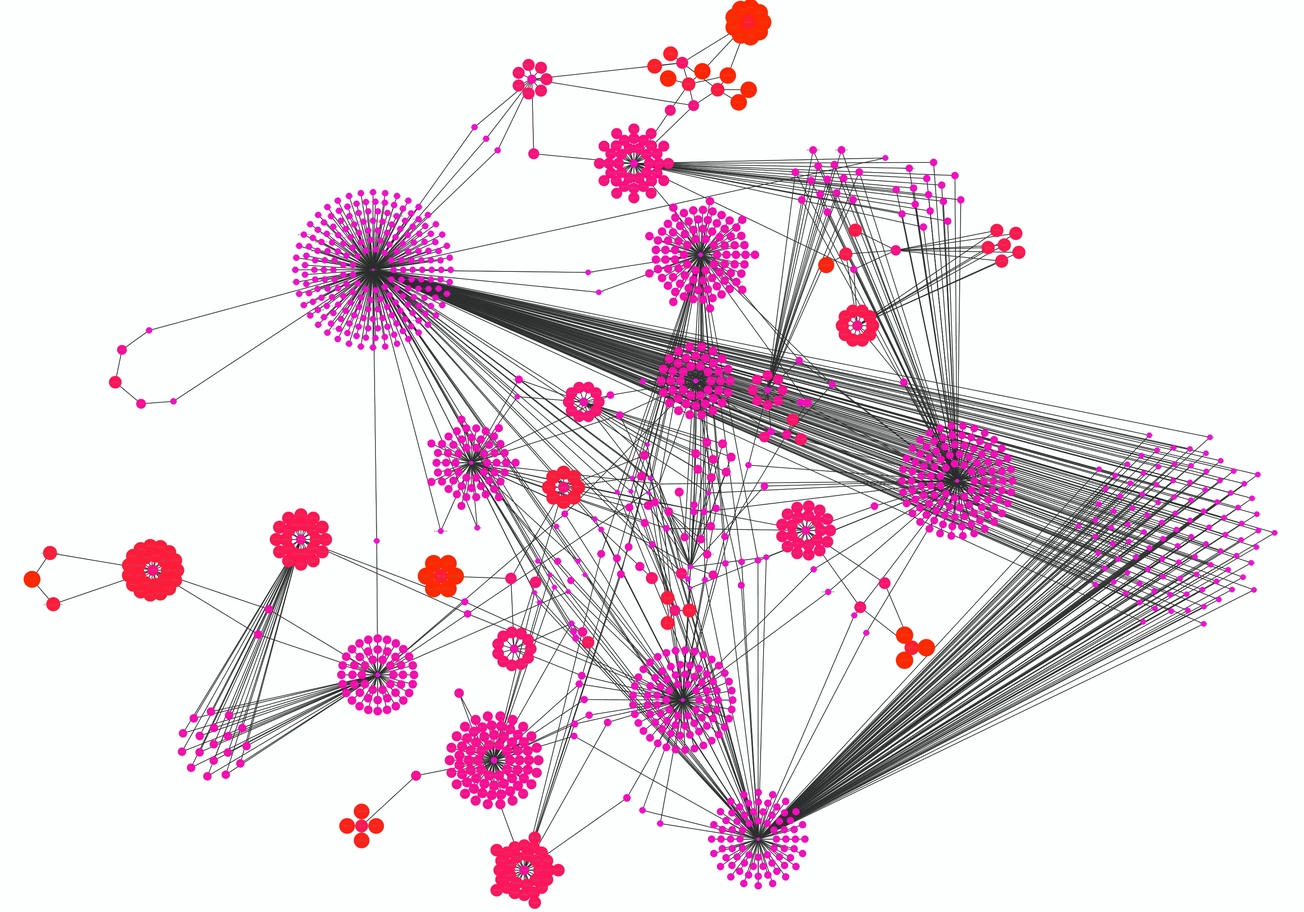Myocardial infarction, more commonly known as heart attack, is a huge health problem around the world. It is a result of inadequate blood supply to certain parts of the heart and death of heart muscle cells in that region. Although it has been around for a long time, newer and newer ways of probing myocardial infarction is being followed. Bioinformatics and Systems Biology are relatively recent fields to try to give new insights into myocardial infarction. Following the footsteps of others, this in silico study has tried to chime in on the investigation into myocardial infarction. The study began with the gene expression omnibus dataset uploaded to the NCBI from a whole-genome gene expression analysis carried out at Mayo Clinic in Rochester, Minnesota. From the dataset, differentially expressed genes following first-time myocardial infarction were identified and classified into up-regulated and down-regulated ones. Gene Set Enrichment Analysis (GSEA) was carried out on the up-regulated genes which were statistically significant and corresponded with the NCBI generated annotations. Protein-Protein Interaction Network for these genes was constructed. GSEA revealed 5 transcription factors, 5 microRNAs and 3 pathways significantly associated with them. From the Protein-Protein Interaction Network, 6 key proteins (hub nodes) have been identified. These 6 proteins may open a new window of opportunity for the discovery/design of new drugs for mitigating the damage caused by myocardial infarction.

